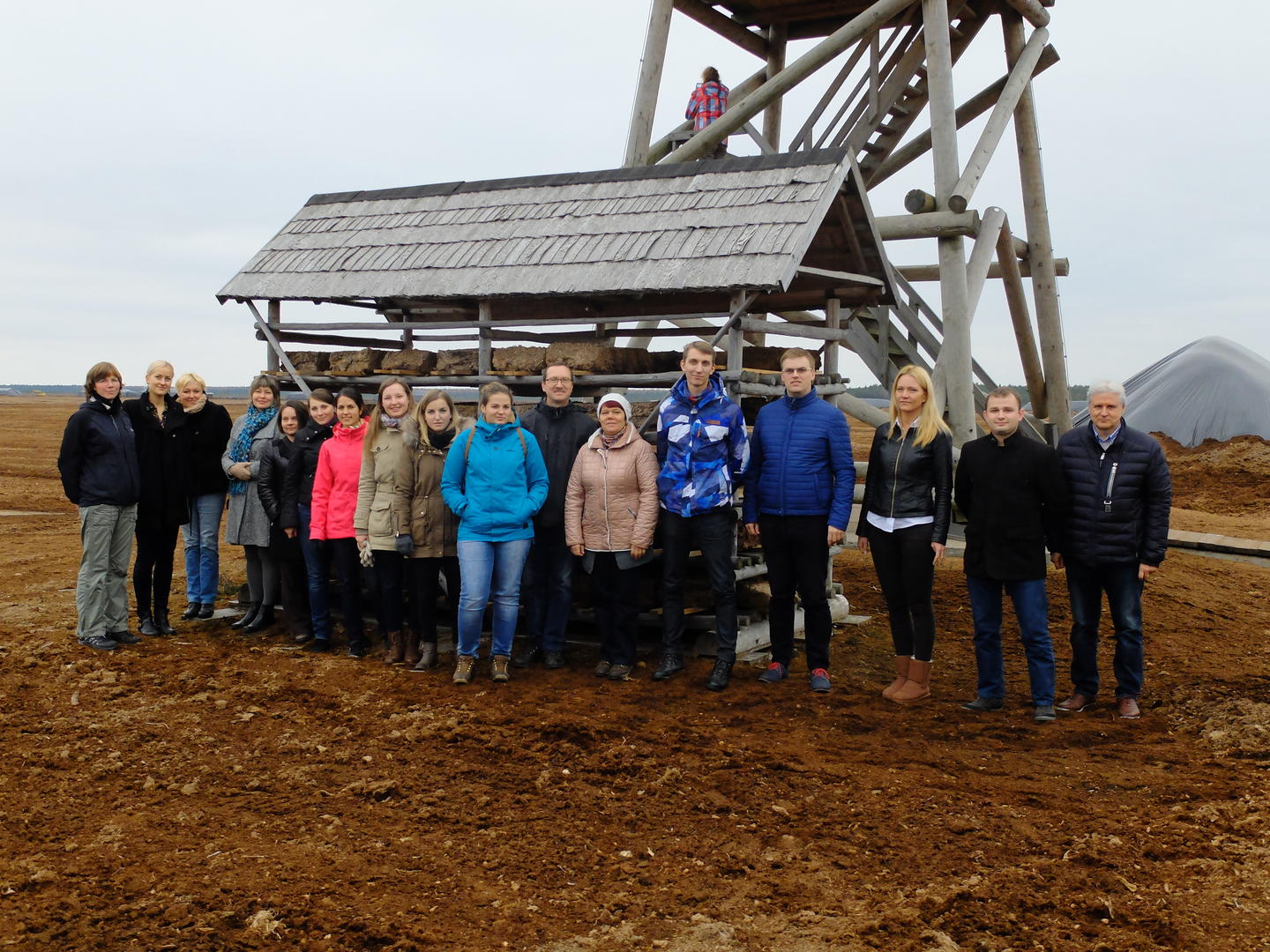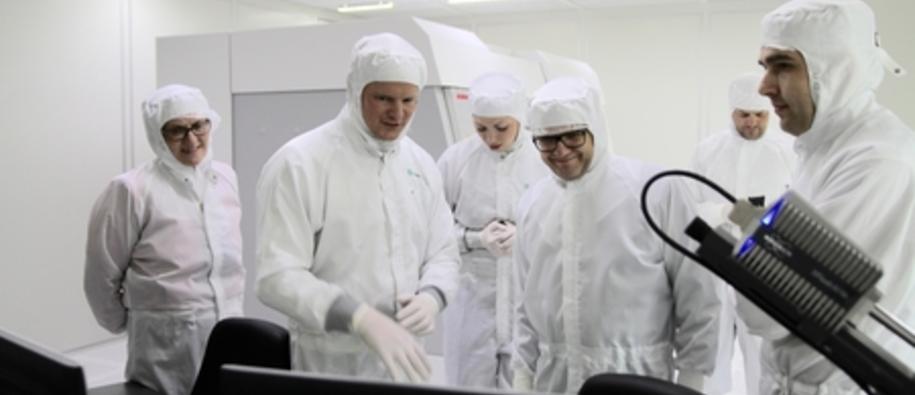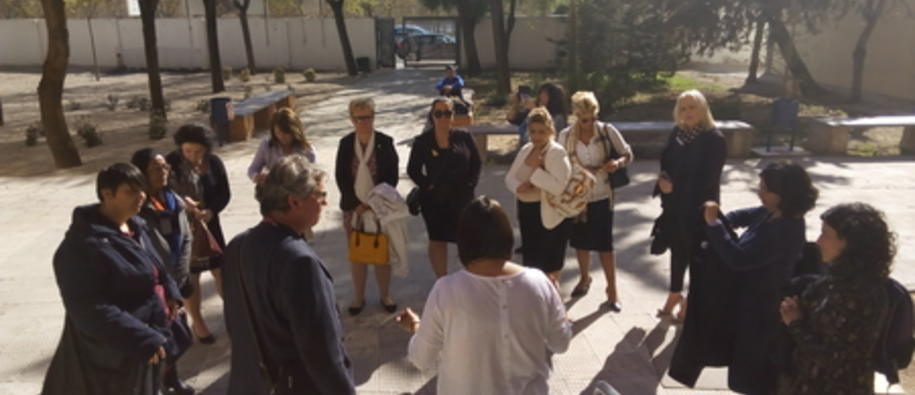Strengthening the political, economic and cultural ties between Iceland, Liechtenstein and Norway, and each of the 16 beneficiary countries, is a key objective of the EEA and Norway Grants. Cooperation between people and institutions at administrative and political levels and in the private sector, academia and civil society is a prerequisite for strengthened bilateral relations. Such cooperation is facilitated and supported at all levels.
In the context of the EEA and Norway Grants, strengthened bilateral relations is defined as: “Cooperation, joint results and increased mutual knowledge and understanding between donor and beneficiary states as a function of the EEA and Norway Grants.”
This article takes a look at some of the achievements in strengthening the bilateral relations between the beneficiary countries and Norway in the context of the EEA and Norway Grants. This can be seen as shared results, improved knowledge and mutual understanding and further cooperation beyond the projects and programmes.
What has been achieved?
Extent of cooperation
Twenty Norwegian entities are engaged in institutional programme cooperation with central and southern European counterparts in fields ranging from justice to environmental protection and green industry innovation.
The cooperation ensures the valuable exchange of experience and knowledge and lays the groundwork for the involvement of Norwegian partners in more than 1 660 projects. Through the Grants, people and organisations in Norway and the beneficiary countries are given the opportunity to work together to achieve common objectives, and to develop and cement closer relations within Europe.
Out of the 150 programmes supported, 77 are being implemented in cooperation with a donor programme partner (DPP) from Norway. The DPPs - such as the Research Council of Norway and the Norwegian Directorate for Civil Protection - have worked closely with their counterparts in the beneficiary countries to develop targeted programmes. Beyond advising on the content of the programmes, the DPPs have played a key role in facilitating contact with Norwegian entities that wish to enter into project partnerships.
In programmes with a DPP, almost 60% of the projects have a donor partner. In programmes without a DPP, only 25% percent of the projects are donor partnership projects.
Slovak programme operators who were interviewed for a recent bilateral mid-term evaluation (Draft report of the Mid-Term Evaluation of the Support to Strengthened Bilateral Relations under the EEA and Norway Grants (2016) highlighted that the donor programme partners are regarded as very important in developing bilateral relations. In general, project promoters see the challenge of finding donor project partners as an obstacle in developing bilateral relations.
Bilateral partnerships in projects are widespread, with Norwegian entities currently engaged in formal cooperation in more than 1 660 projects.
Bilateral funds in each beneficiary country are providing earmarked financing for initiatives which aim to facilitate and promote cooperation. In total, more than €40 million has been made available in 16 countries to finance partner-search, studies, exchanges, workshops, seminars, meetings and study trips.
Bilateral seed money has enabled organisations and entities in both Norway and the beneficiary countries to meet, establish partnerships and to develop project applications together.
Financed by the bilateral fund of the ‘Domestic and gender-based violence’ programme in Estonia, 18 experts from Norway took part in two matchmaking seminars and the opening conference of the programme. This was an opportunity for the Estonian organisations to meet potential partners from Norway. As a result, a list of 40 Norwegian entities was compiled and provided for project applicants. All of the projects with donor partners in this programme found their partners during these meetings.
Shared results
The partnerships are established as part of an effort to solve a particular issue through sharing experience, knowledge, know-how and technology. The Norwegian partners are working together with their counterparts to achieve joint results such as the development of policies, laws, strategies or new knowledge or practice. At the same time, the experience of working together also plays a part in strengthening bilateral relations. A shared result means that this result would not have been achieved without input from both parties.
The bilateral mid-term evaluation highlights how entities involved in project implementation point to positive experiences gained by working towards common goals as a good basis for further continued cooperation. Such “common experiences have more impact on bilateral relations than more traditional ways of providing external support, e.g. technical assistance/ expert assistance”.
The Romanian enterprise Microelectronica S.A. located in Bucharest is cooperating with the Norwegian enterprise Trilobite Microsystems AS based in the southern city of Kristiansand in a project to make drinking water safe. Through the project, Microelectronica’s factory has been upgraded. It is now more environmentally friendly and ready for the production of Trilobite Microsystems’ products. For Trilobite, the project is creating an opportunity to bring their water cleaning technology into volume production in a properly equipped factory with lower production costs.
Knowledge and mutual understanding
The development of personal relations and friendships across borders is a more intangible effect of the cooperation. Strong partnerships are often developed in spite of administrative hurdles and financial obstacles. Through personal meetings and dialogue, the bilateral work is contributing to forming close bonds between people in Norway and the rest of Europe, allowing for better understanding.
The bilateral evaluation confirms that attitudes and trust have increased, with more than 70% of respondents stating this had improved to a high or very high extent: “Stakeholders from both beneficiary and donor states confirm that they have experienced an increase in knowledge and mutual understanding of the partners’ culture and socio-economic environment (...), from being exposed to different practices and ‘another way of doing things’.”
The Kuldiga District Council in Latvia cooperated with Frogn municipality in Norway in a cultural project, and says that the cooperation has increased their understanding of how small municipalities organise their work and has built trust among the partners.
The evaluation also revealed that 75% of the stakeholders involved in the Grants surveyed consider that the programmes have raised awareness of the donor countries’ efforts to assist beneficiary countries to a high or very high extent. 75% of project promoters say that they have increased their understanding of the institutional differences and similarities to a high or very high extent through the partnerships with donor entities.
Wider effects
Wider effects occur when people or institutions working together find common ground and an interest in extending their cooperation beyond the projects and programmes. As a result of project cooperation under the ‘Public health’ programme in Estonia, the Norwegian Mental Health Coalition supported the establishment of the Estonian Mental Health and Well-being Coalition (VATEK) where the Norwegian coalition is also a partner. VATEK brings together organisations in the mental health field and influences policy making.
Through the Grants, new and welcome opportunities for researchers to collaborate and establish new relations with other international researchers are created. Cooperation under the Grants also lays the groundwork for further collaboration, with many partners planning to develop future projects together, including under larger-scale EU programmes. This is also confirmed in the mid-term evaluation.
The evaluation highlights that continued cooperation and development of international and EU networks are significant wider effects that arise from the implementation of the research programmes: “The EEA and Norway Grants support processes by being an important contributor that often facilitates the first international cooperation for both parties.”
Further cooperation is already planned with Spain. About 23% of the projects under the ‘Environment and climate change research and technology’ programme report they are forecasting additional joint cooperation activities, for which they are investigating other funding sources, such as the EU’s research and innovation programme – Horizon 2020 – or national funding schemes. The Programme Operator maintains that: “These figures are much higher than we expected and a clear indicator of the excellence of the bilateral partnerships that have been developed within the programme.”
Some of the programmes have also presented joint results at the international arena. During the 59th session of the UN Commission on the Status of Women (CSW) in 2015, the Norwegian Equality and Anti-discrimination Ombud and the Spanish Ministry of Health, Social Services and Equality organised two joint side events to present their programme results in the area of gender-based violence to an international audience.
This is a two-way transfer of knowledge. Many of the Norwegian entities involved benefit from experience and capacity building gained through exposure to international cooperation, or from the development of platforms for cooperation beyond the Grants. Several entities cite more direct benefits, through adopting beneficiary country practices at home. A joint Spanish-Norwegian initiative to improve social and labour inclusion of Roma and Romani women spearheaded by the Spanish Minsitry of Health, Social Services and Equality in partnership with the Norwegian Equality and Anti-discrimination Ombud (LDO) has not only contributed to breaking stereotypes and raising awareness in Spain. The initiative has succeeded in creating a platform for Norwegian Roma and Romani women to work together, initiating a step forward to reverse historical conflict and animosity between the communities.


